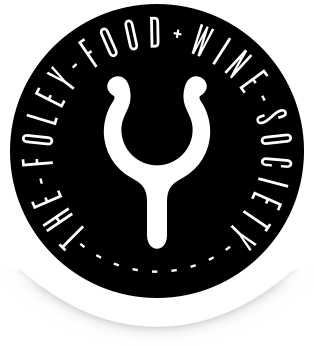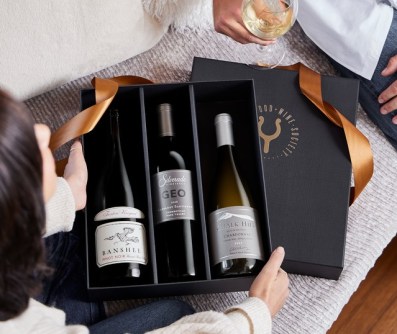How often do you consider the benefits of tasting wine as it relates to your brain?
When we taste wine, we are actively engaging sensory and motor systems and parts of the brain that control memory and cognition. With all of these parts of the brain working together, the brain is more engaged when you’re tasting wine than it would be if you were listening to a podcast, for example. According to neuroscientist, Gordon Shepherd, “tasting wine engages more of our brain than any other human behavior.” In his book, Neurogastronomy: How the Brain Creates Flavor and Why It Matters, Shepherd explains that the brain constructs the perception of flavor.
Particularly, when we taste something like wine, almost all of our senses are being used. We use sight to perceive what the wine looks like. Just by looking at a glass of red wine, it’s possible to recall from memory what some of those flavors might be. As we peer into the glass and stick our nose in for a sniff, our sense of smell kicks in to detect the aromas in the wine. Our sense of taste is used to recognize flavors in the wine whether they’re sour, sweet, bitter, savory, or umami.
When you swirl the wine in your mouth to distinguish its mouthfeel, not only are you activating your motor systems to move the wine around in your mouth, but you’re also activating your sense of touch to determine the texture of a wine. The sense of touch is activated to identify if a wine might feel silky or velvety in the mouth.
Studies have shown that engaging our brains and keeping our minds active as adults reduces the risk of developing memory diseases such as Alzheimer’s or dementia. Wine tasting activates so many of our senses at once, which makes it a great way to keep our brains active.
In an article from Wine Folly, Madeline Puckette writes that finding wine flavors challenges mental cognition and actually improves the entorhinal cortex (a “hub” in the brain’s widespread network for navigation, perception of time, and what we’re focused on—essentially memory). Puckette also explains, “wine is unique because it requires high dexterity in your sense of smell and taste.” By immersing our brains in wine tasting, we are constantly learning new smells and tastes and are also discovering more about wine itself. One of the suggested ways to keep our minds active is to continue to learn.
Since it’s important to keep our minds healthy and active, it’s a good thing that we love to taste and talk about wine as much as we do. Pour yourself a glass of the Roth Heritage Red and start engaging your brain!
For more information about how wine engages our brains, check out Gordon Shepherd’s most recent book, Neuroenology: How the Brain Creates the Taste of Wine or this informative article from NBC. We also recommend this article from Healthline on the importance of mental fitness.




